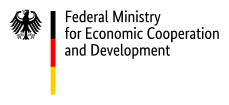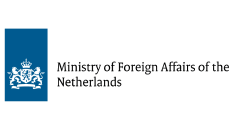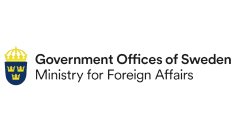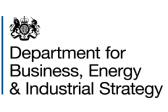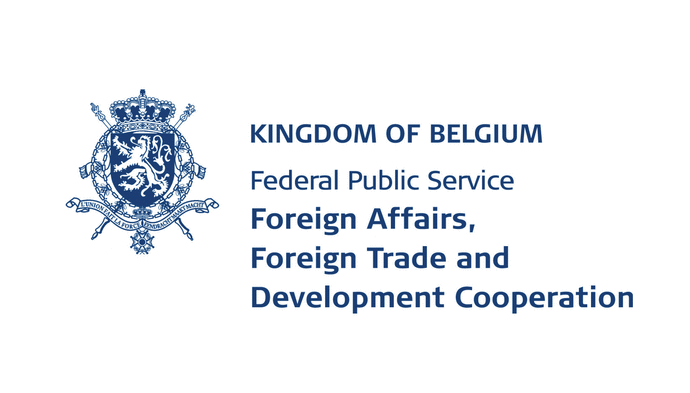Rwanda Green Investment Facility

Rwanda’s strong commitment to combat climate change and green its economy has enabled the country to cultivate extensive partnerships with international institutions and like-minded partner countries to develop innovative ways to take climate action, including in the climate finance space. As a result, a multitude of climate-related investment projects are currently underway in Rwanda, benefiting from Partnership support.
Critical to supporting these efforts, the country updated its NDC implementation framework following the submission in 2020 of their updated NDC to the UNFCCC. The NDC implementation framework records and consolidates all investment projects, financing needs, and technical assistance for achieving the country’s NDC.
Complementing this, the country has developed several financing vehicles. The Rwanda Green Fund (FONERWA) designed the NDC Facility to prepare and finance certain sectoral work for public projects. And FONERWA and the Development Bank of Rwanda (BRD) developed the Rwanda Green Investment Facility (RGIF) for private-led projects and public-private blended projects, which, once fully up and running, will offer important new innovative finance mechanisms to engage the private sector, promote green business, and drive private capital toward national climate goals. Initial support for the RGIF was provided by the World Bank as part of its broader effort to “advance financial innovation to accelerate climate change adaptation and mitigation in line with its NDCs” in Rwanda.
In 2022, the United Kingdom, through NDC Partnership, supported the BRD to develop a Green Finance Strategy to further strength the Bank’s climate related investments and investment vehicles. The Green Finance Strategy is grounded in an anticipated increase in green investment in Rwanda in the coming years and the need for a strong pipeline of projects to secure investments. As such, the strategy identifies 27 potential projects in key sectors, several of which focus on electric vehicles and green buildings, offers investment approaches and tools to appraise green investments and address barriers to local investment, and identifies green market opportunities by sector.
The project pipeline development built off earlier work completed by the NDC Partnership through the Climate Action Enhancement Package (CAEP). This included designing five business plans, which demonstrate strong engagement with the private sector, conducting private sector training for adopting low-carbon business practices, and producing a comprehensive study of the current private sector climate actions in Rwanda.
Today, the NDC Partnership continues to support Rwanda’s efforts to green the financial sector and the operationalization of the Green Finance Strategy and RGIF. Additionally, as Rwanda seeks to develop larger scale projects that not only attract international investors but also have a greater impact on Rwanda’s climate goals, the Partnership continues to be a partner in mobilizing support.
Moving forward, the Partnership continues to support Rwanda in its pursuit of a diverse set of tools for climate finance, including supporting the development and adoption of the Kigali Principles on Carbon Finance , which, in part, is designed to build technical and financial capacity to develop and verify carbon credits projects. The Principles will enable Rwanda, and the rest of the world, to evolve emerging carbon credit standards and enhance transparency on in-country social benefits of carbon credits. Meanwhile, the Partnership is shoring up its support for the NDC Implementation Framework by continuing to strengthen the investment pipeline, following Rwanda’s pursuit of a programmatic approach that will accelerate access to finance at scale.


